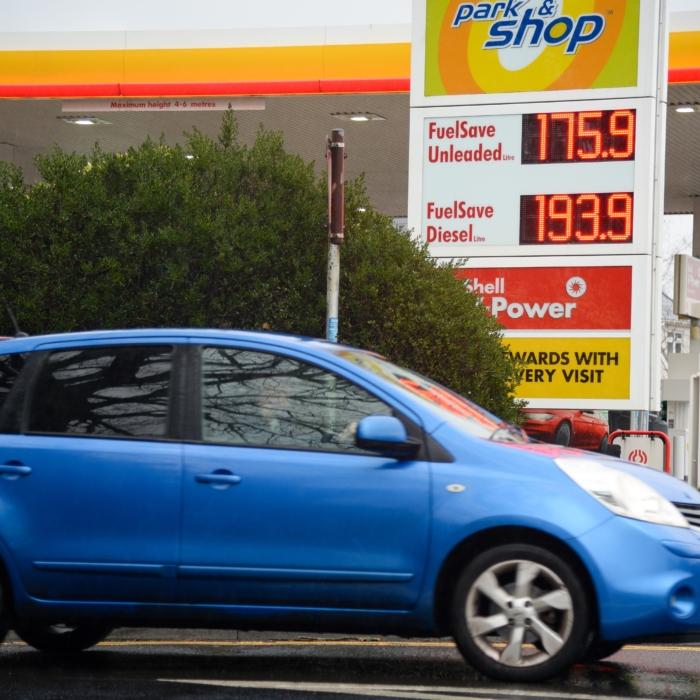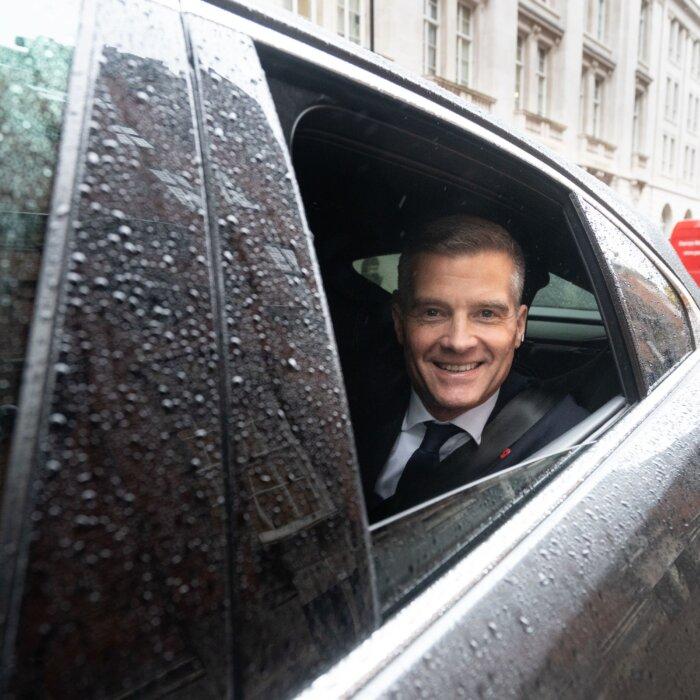Drivers who overstay their time in private cars parks by a few minutes will be able to avoid fines, following the introduction of a 10-minute “grace period.”
Brought in by the British Parking Association (BPA) and the International Parking Community (IPC), the code will apply to the entire private parking sector.
Private car parks will allow a 10-minute grace period before handing out fines to drivers. Motorists will also see a cap introduced on the parking charge at £100, which will be reduced to £60 if paid within 14 days.
The code includes an “appeals charter” and provisions for clear signage to help drivers navigate parking on private land.
Drivers will be able to appeal parking fines within 28 days, with operators required to respond within the same period. In exceptional circumstances, such as when the recipient is abroad or hospitalised, the appeal period may be extended.
Private parking operators are meant to implement the new code by October. However, the industry bodies permit a “period of transition,” where operators will be required to comply with the new rules in full by December 2026.
BPA Chief Executive Andrew Pester said the new rules will “deliver fairer and more consistent parking standards for motorists.”
The IPC expects the code to bring positive change across the country and enhance protection for the “most vulnerable in society.”
However, motoring organisations have argued that the new code is a set of “watered down” rules.
“This self-authored ‘code’ doesn’t acknowledge the need to cap charges and remove debt recovery fees. These elements are desperately needed from a government backed Code to protect innocent drivers from the sharks running private car parks,” said the head of roads policy for the AA, Jack Cousens, in a statement.
Head of policy at the RAC Foundation, Simon Williams, said in a statement that the code “falls miles short” of the standards required to protect motorists.
Government Code
The government had planned to introduce its own private code of practice, which was first announced in February 2022.It proposed capping fines at £50, which is half the current maximum, and offer a 50 percent discount for fines paid within two weeks. Additionally, it would have introduced a 10-minute grace period at the end of a parking stay and an independent appeals service.
A 2019 bill to introduce this code addressed policymakers’ concerns, such as “poor signage and unreasonable terms by private parking operators.”
However, after several parking firms launched two legal challenges against the government’s code, it was temporarily withdrawn in June 2022.
“It’s somewhat ironic that after pushing so hard against adopting one, the two bodies have decided to implement their own. This watered down ‘code of practice’ falls far short of the standards the AA, Government and consumer groups have called for across many years,” said Mr. Cousens.
The government then set out to review its proposed changes to the levels of parking charges and ban on additional fees. The RAC called the withdrawal “deeply disappointing” and was critical of parking companies taking issue with the capping of charges.
In July 2023, the Department for Levelling Up, Housing and Communities published a call for evidence on private parking charges and debt recovery fees. It then announced plans to further look into the issue.
In March, the chair of the Levelling Up Committee, Clive Betts, called on government ministers to disclose when they plan to publish an updated code. However, following the call for a general election by Prime Minister Rishi Sunak on May 22, Parliament was dissolved.
This leaves the issue of private parking code legislation to the next government.
“We sincerely hope the official government code will finally come into force later this year, five years after it became law,” said Mr. Williams.







